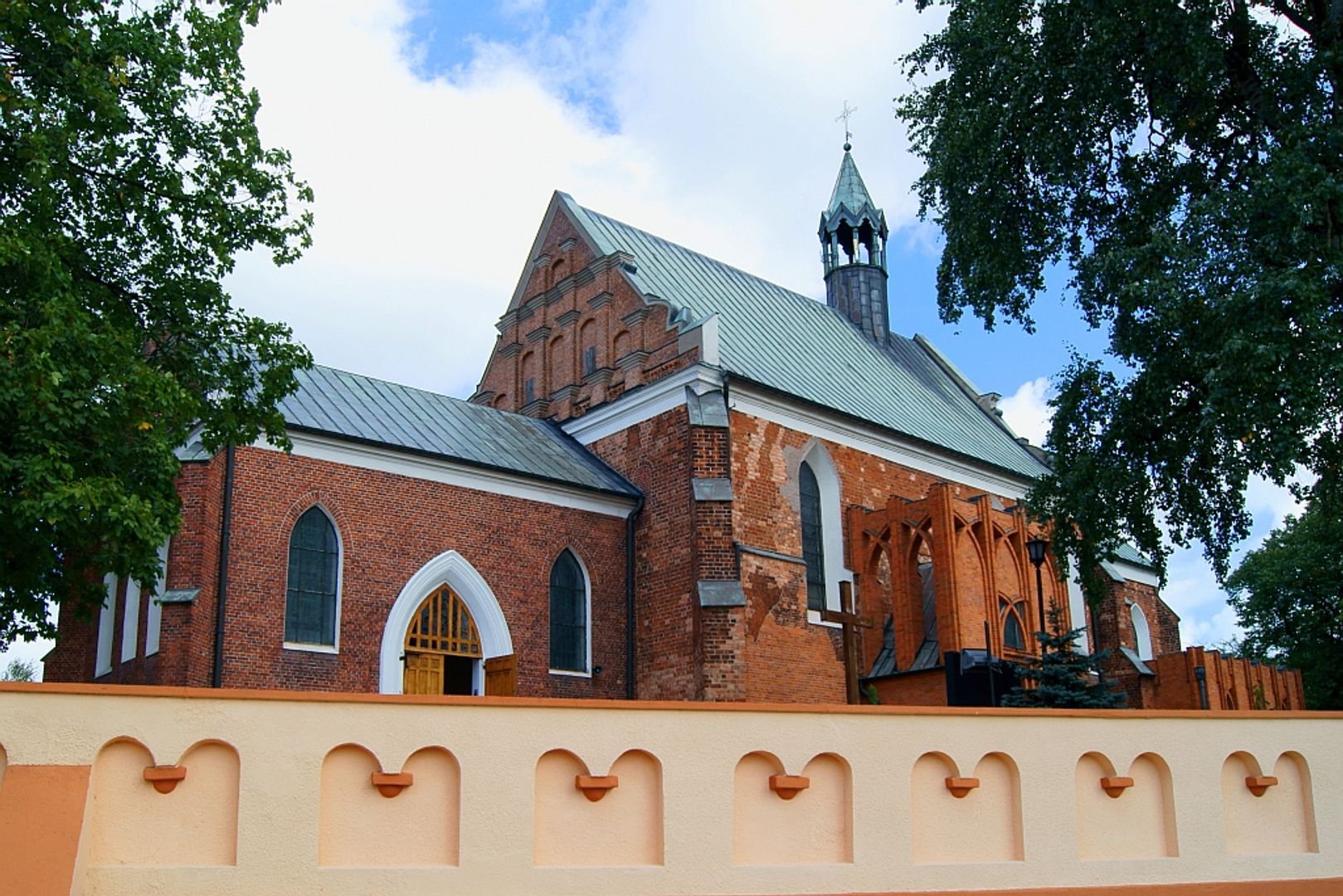Izbica Kujawska
6.5

Overview
Izbica Kujawska, known in German times as Mühlental, is a town in the Kuyavian-Pomeranian Voivodeship, within Włocławek County, serving as the seat of the urban-rural municipality of the same name. Located in the Kuyavian Lake District, Izbica has a rich history dating back to the 11th century when it belonged to the Awdańcy clan. In the 12th century, it became a craft center, and in 1394, it was granted town rights. Over the centuries, the town developed, but repeated destruction, including the effects of the "Swedish Deluge" and fires, weakened its significance. In the 18th century, Izbica fell under the partitions, losing its town rights in 1870, which contributed to demographic decline. After World War I, the town began to rebuild, but World War II brought new tragedies, and the population drastically decreased. After the war, Izbica Kujawska gained the status of a settlement, and town rights were restored in 1973. Among its monuments, the Kuyavian megalithic tombs, dating back about 5,500 years, and the Gothic parish church of the Assumption of the Blessed Virgin Mary from the 15th century stand out. The town also has a historic synagogue from the mid-19th century and a Neo-Gothic Evangelical church. Izbica Kujawska is a local road junction, with provincial roads connecting it to other towns, as well as a narrow-gauge railway line. The town is home to the Miejsko-Gminny Klub Sportowy "Kujawianka." Culturally, Izbica was a settlement for Jews, which influenced its ethnic and cultural diversity. Today, the Roman Catholic Church and Jehovah's Witnesses, who conduct religious activities in the region, are of decisive importance to the residents. Izbica Kujawska, with its rich history and monuments, remains an interesting place on the map of Kuyavia, with many traces of the past.
Location
2026 Wizytor | All Rights Reserved